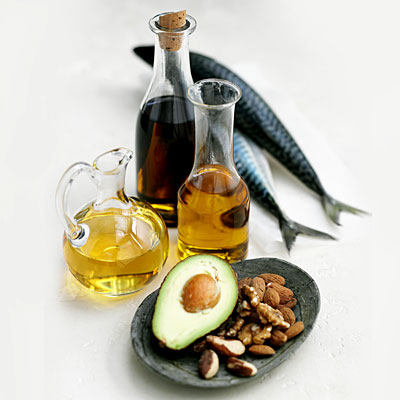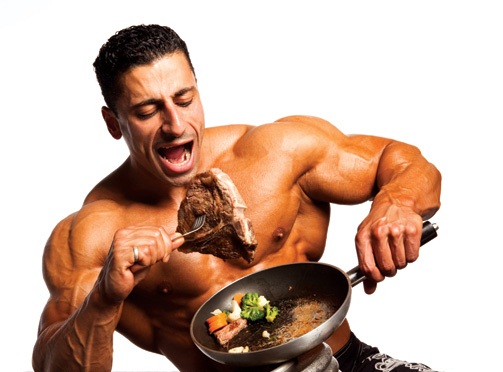Fat is often listed as the first thing that needs to be cut out of a diet if you are looking to eat healthy and lose weight. However, this does not mean that you need to cut your fat intake entirely. As with all other things, there are different types of fat – some are good, and some are bad. Saturated fats and trans fats are harmful for the body, and can be found in items like baked goods, fast food, and processed foods. However, unsaturated fats are healthy and need to be incorporated into any balanced and healthy diet – as per the American Heart Association, 25-35 per cent of a daily calorie intake should come from fats, and these need to be either monounsaturated or polyunsaturated.
Monounsaturated fats are characterised by the fact that they are liquid at room temperature, and turn solid when they are refrigerated. Although they are fats, they actually help in lowering cholesterol levels and minimise the risk of heart disease. However, although they are healthy, even monounsaturated fats need to be consumed in moderation, as they contain roughly 9 calories per gram. Some potent sources of monounsaturated fats include canola oil, peanut oil, sesame seeds, almonds, and pecans.
Polyunsaturated fats remain liquid whether they are at room temperature or in the refrigerator. These fats are extremely beneficial for the body when taken in moderation, and some sources of polyunsaturated fats include corn oil, sunflower oil, walnuts, and flaxseeds. Among the most potent sources of polyunsaturated fats is fish oil – this contains omega-3 fatty acids which is particularly effective in fighting heart diseases. In order to get the proper intake of polyunsaturated fats, have around two servings of fish like salmon, mackerel, herring, or trout in a week.
In direct contrast to good fats like monounsaturated and polyunsaturated fats, are saturated and trans fats.
Saturated fats remain solid at room temperature, and can cause your cholesterol to sky-rocket if you consume them in excess – at most, these types of fat should form 7% of your daily diet. Some foods that contain saturated fats include meat, butter, dairy, baked goods and fried foods. Coconut oil, palm oil, and palm kernel oil are also high in saturated fats.
Trans fats are quite possibly the worst kind of fats for your health, and should be avoided at all costs. These fats, also known as partially hydrogenated vegetable oil, are formed when vegetable oil is heated and a hydrogen atom is chemically added to its structure. These are found in foods like pastries, donuts, cookies, pizza, French fries, and margarine. These fats should only form 1% of your daily intake, if at all.





No Comment